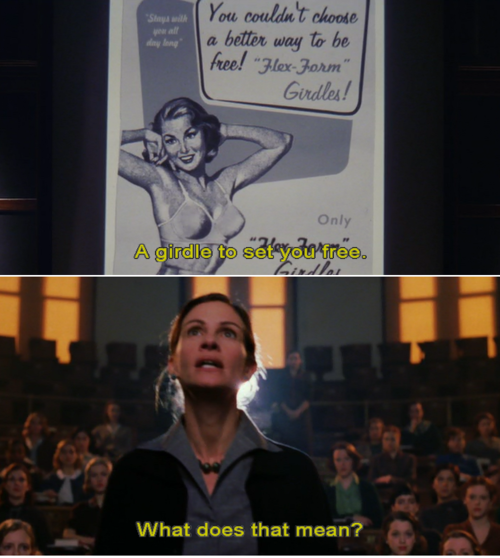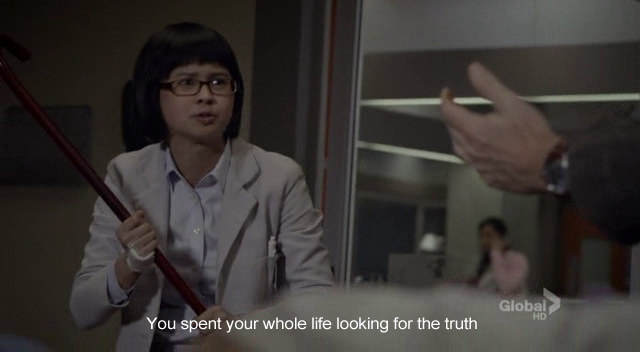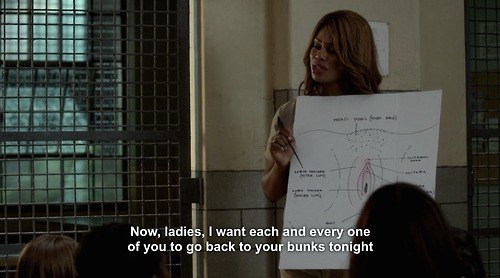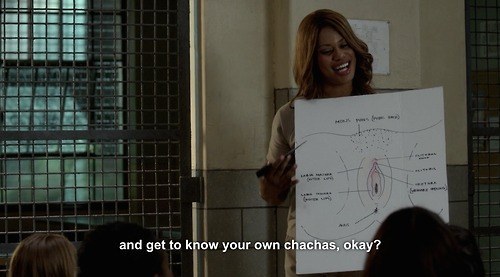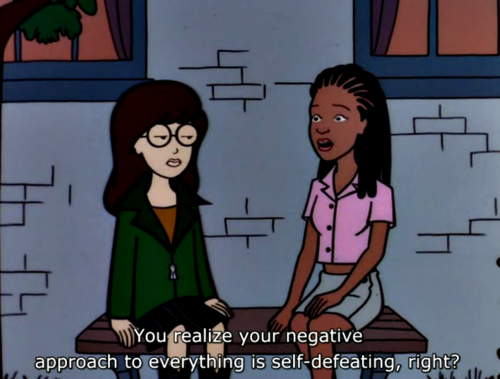First and foremost, you're used to people finding it off-putting that you identify as a feminist and are outspoken about your opinions.
And your friends don't call themselves the F-word, even if they usually agree with you.
Whenever something sexist happens in the news, you get a flood of texts, phone calls, and Facebook messages asking what’s going on.
Because the people in your life think you always know everything that’s going on in feminist circles.
And you’re the only possible way they can get all the answers.
In fact, sometimes they forget that you can talk about anything else at all.
When someone you know is taking a women’s studies class or wants to catch up on feminist-related current events, they always ask for your help.
When your friends introduce you to people you haven’t already met, they refer to you as “my feminist friend.”
Whenever someone says something incredibly offensive, you can sense your friends tensing up and waiting for you to hurl a comeback.
Sometimes you feel disheartened because it's not always easy to find likeminded people who understand exactly where you're coming from.
Your friends and co-workers assume you’ll judge them for doing anti-feminist things.
People don't take kindly to your critiques, especially when you ruin rom coms or cheesy books that are romantic cliches of heterosexual norms.
Or when you point out lyrics in their favorite songs that are actually offensive.
Sometimes you feel the need to defend and justify things that you enjoy that other people think go against your feminist beliefs.
They ask you if it’s “okay” to like something that may or may not be sexist, as if your stamp of approval is representative of all feminists.
You always get asked questions like, "Are feminists allowed to like this?" and "Are feminists allowed to do that?"
You’ve had to explain — on more than one occasion — that being a feminist is a complicated and nuanced identity.
And if you've said it once, you've said it a million times: feminism can mean different things to different people.
You wish more of your friends would just call themselves feminists.
Since they basically are, and then you wouldn’t be the only one.
You're always the go-to source of information for people who want to know more about feminism and women's issues.
Most of the time, you have to be a buzzkill when no one else will be.
But you happily accept that burden in the name of equality.
Because you love introducing people to awesome ideas and a whole new way of thinking.
